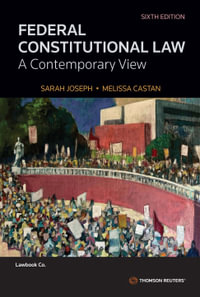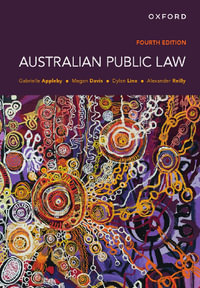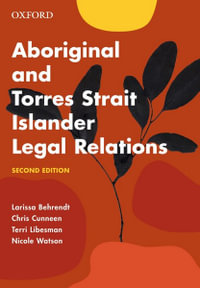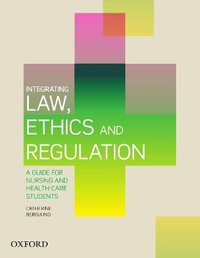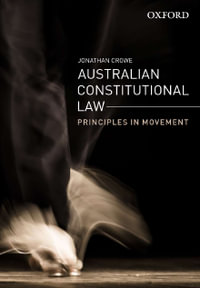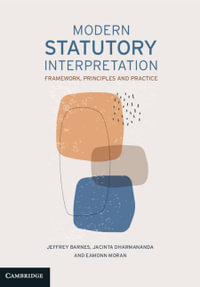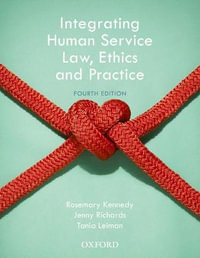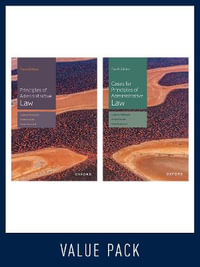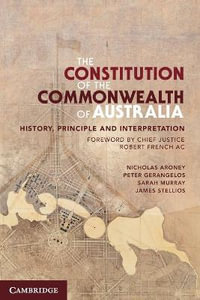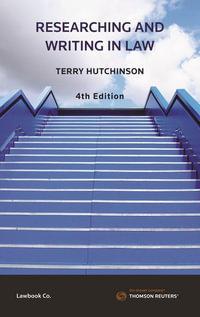The chapters in this volume explore, with reference to specific examples, the nature and limits of individual autonomy in law, policy and the work of regulatory agencies. Authors ask searching questions about the nature and scope of the regulation of 'private' lives, from intimacies, personal relationships and domestic lives to reproduction. They question the extent to which the law does, or should, protect individual autonomy in those areas. In recent decades, rapid advances in the development of new technologies-particularly those concerned with human genetics and assisted reproduction-have generated new questions (practical, social, legal and ethical) about how far the state should intervene in individual decision-making in these areas. Is there an inevitable tension between individual liberty and the common good? How might a workable balance between the public and the private be struck? How, indeed, should we think about 'autonomy'? This book is concerned with the main areas of personal life where the boundaries and limits to individual autonomy are drawn: in our intimate and domestic relationships, our sexualities, and reproduction. These essays explore the different kinds of arguments used to create and maintain those boundaries-including, for example, the protection of the vulnerable, public goods of various kinds, and the maintenance of tradition and respect for cultural practices. Individual authors address, in relation to their own chosen field, issues of where and how the boundaries around private life should be drawn, and how those boundaries are maintained and interventions justified. How are the contemporary ethical debates about autonomy constructed, and what principles do they embody? What happens when those principles become manifest in law? The chapters in this book each address aspects of these broad questions, in the context of specific contemporary debates around sexualities, reproduction and family relationships. These debates are driven by conflicts over ethical principles and changing cultural practices, as well as new dilemmas posed by technological advances.
Industry Reviews
...the book as a whole is thought-provoking and challenging, with a mastery of detail and argument that is so often lacking in public debate today...the breadth of subjects discussed and the fact that many of them are familiar from popular discussions make it a fascinating read. It provides insights into both the reach and the limitations of the law in dealing with intimate life and raises important questions about the way in which autonomy has become subject to doubt, both in its necessity and its possibility. Jan Macvarish Spiked Review of Books July 2009 Many of the individual cases are thought-provoking and useful for scholars of family law, feminist legal theory, and autonomy. They raise many provocative questions about the relationship between autonomy and regulation by challenging the assumption that these two things are necessarily opposed to one another...The chapters are accessible and could be useful in an undergraduate or graduate course on gender and law or family law. Claire E. Rasmussen Law & Politics Book Review Vol.19, No.8 August 28, 2009 The essays analyse how much intimate relationships and reproductive decision-making should be affected by the law, regulation and social policy. The collection will therefore appeal to legal scholars, social scientists, biochemists, and policy makers alike. This collection of essays engagingly discusses the intersection of autonomy and regulation in private decision making... the essays are all of high standard and ... the book makes a good contribution to its field. Malcolm Smith Bionews April 2010

